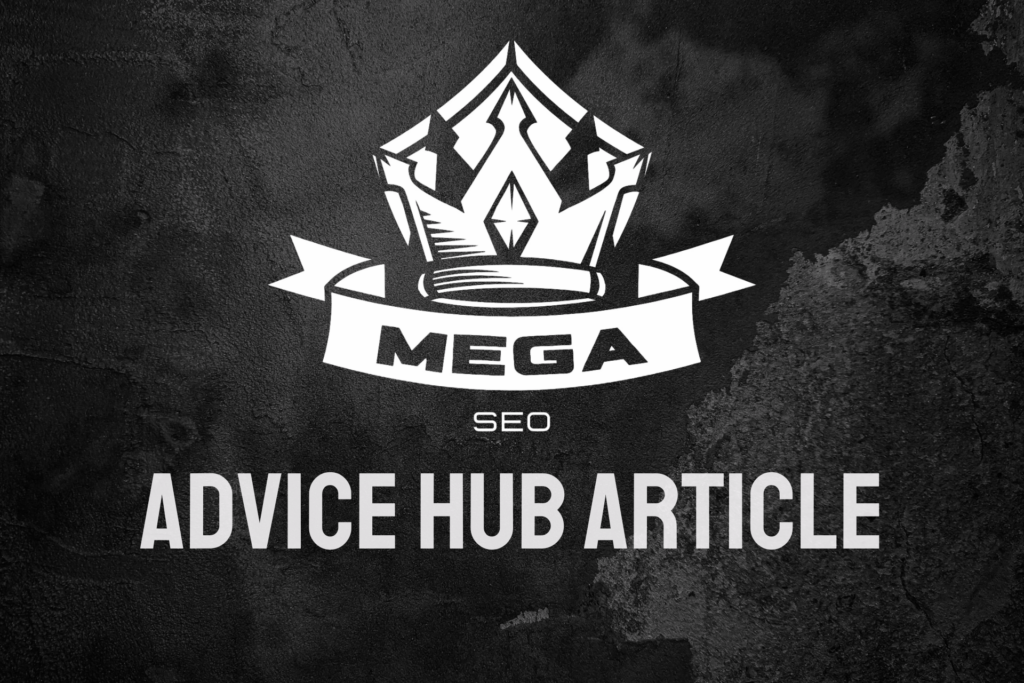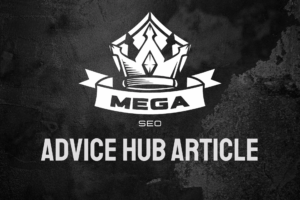Personalisation in SEO transforms how websites connect with their visitors, delivering tailored experiences that boost engagement and conversions. By understanding and implementing personalisation strategies, businesses can significantly improve their search engine rankings while providing more relevant content to their users.
What Makes Personalisation Important for SEO?
Search engines prioritise user experience, making personalisation a powerful tool for improving rankings. When visitors receive content that matches their interests, location, and browsing history, they’re more likely to stay longer on your site and engage with your content. This behavioural signal tells search engines that your website provides value, potentially leading to higher rankings.
How Does Personalisation Impact User Experience?
Personalised content creates meaningful connections with visitors by showing them exactly what they’re looking for. This targeted approach enhances user experience through:
- Location-Based Content: Delivering region-specific information and offers that resonate with local audiences. This strategy particularly shines when combined with effective local SEO practices.
- Behavioural Targeting: Recommending content based on previous interactions, ensuring visitors find relevant information quickly and easily.
- Device Optimisation: Tailoring the user experience for different devices, improving accessibility and engagement across all platforms.
- Search History Integration: Using past search behaviour to predict and serve relevant content proactively.
Which Personalisation Elements Drive SEO Success?
Several key personalisation elements contribute to improved SEO performance:
Dynamic Content Generation
Dynamic content adapts based on user behaviour and preferences. This might include showing different homepage content to returning visitors or adjusting product recommendations based on browsing history. Implementing dynamic content requires careful attention to technical SEO considerations to ensure proper indexing.
Geolocation Targeting
Geographic personalisation helps businesses connect with local audiences by:
- Currency Adaptation: Automatically displaying prices in local currency, reducing friction in the purchase process.
- Language Selection: Serving content in the user’s preferred language based on their location or browser settings.
- Local Offers: Presenting location-specific promotions and services that resonate with regional audiences.
How Can You Implement Personalisation Effectively?
Successful personalisation requires a strategic approach focused on:
Data Collection and Analysis
Gather and analyse user data ethically to inform personalisation strategies. This includes:
- User Behaviour Tracking: Monitor how visitors interact with your site to identify patterns and preferences.
- Demographics Analysis: Understanding your audience’s characteristics to deliver more relevant content.
- Search Intent Mapping: Aligning content with different stages of the user journey.
Content Optimisation
Effective on-page SEO combined with personalisation involves:
- Segmented Content Creation: Developing specific content for different user groups based on their interests and needs.
- Dynamic Meta Tags: Adjusting meta titles and descriptions based on user search intent and location.
- Personalised CTAs: Creating targeted calls-to-action that reflect user behaviour and preferences.
What Role Does Link Building Play in Personalised SEO?
While personalisation focuses on user experience, off-page SEO remains crucial. Building quality backlinks from relevant sources helps search engines understand your content’s value and authority. Consider these approaches:
- Local Link Building: Securing backlinks from regional businesses and organisations to strengthen local relevance.
- Industry-Specific Outreach: Targeting link opportunities within your sector to build topical authority.
- User-Generated Content: Encouraging reviews and testimonials that naturally include location-specific keywords.
How Do You Measure Personalisation Success?
Track these key metrics to evaluate your personalisation efforts:
- Engagement Metrics: Monitor time on site, pages per session, and bounce rates across different user segments.
- Conversion Rates: Compare conversion performance between personalised and non-personalised experiences.
- Search Rankings: Track position changes for targeted keywords in specific locations.
- User Feedback: Collect and analyse direct feedback through surveys and customer interactions.
Transform Your SEO Strategy with Expert Personalisation
Implementing effective personalisation requires expertise, resources, and ongoing optimization. Our team of SEO specialists based in Wigan understands the nuances of personalised SEO and can help your business achieve better search visibility through targeted strategies.
Ready to enhance your website’s performance with personalised SEO? Contact us to discuss how we can help you create more engaging, personalised experiences that drive results for your business.



